Looking back, the 1972 Oscars feels like a time capsule of a changing Hollywood.
The 1972 Oscars was more than just an awards ceremony; it was a dazzling celebration of cinema that captured the essence of a time gone by.
In recent years, I’ve really felt that the Oscars have become more bland and boring. It seems like it’s more about showing off than actually celebrating others and their achievements. The genuine joy and pride in other people’s success seems to have faded, making the ceremony feel less authentic and memorable than it used to be.
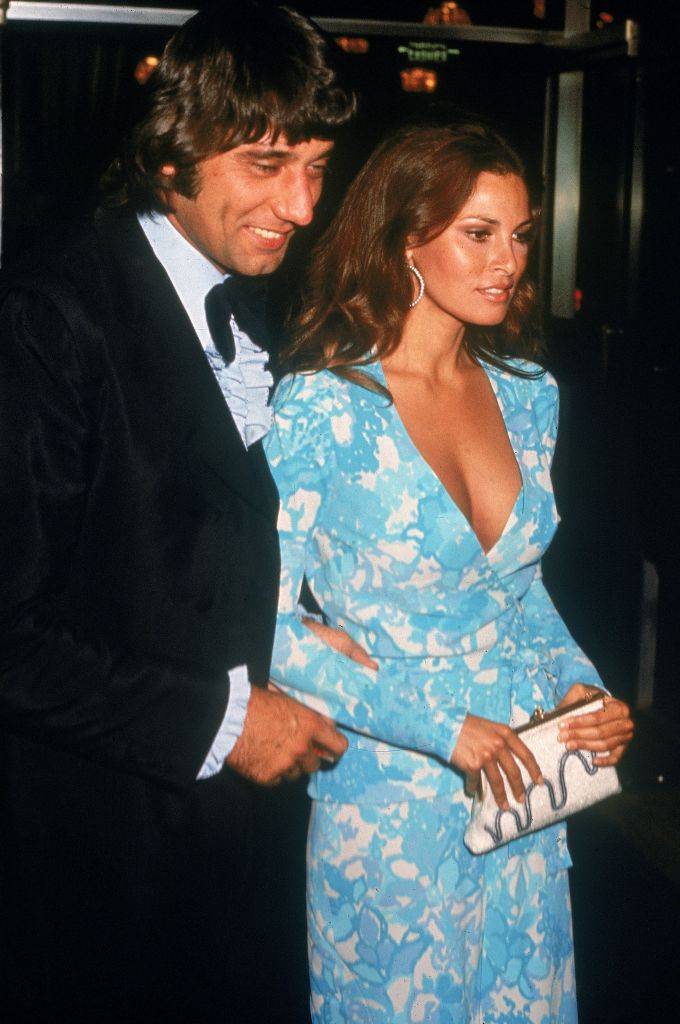
In my opinion, the 1972 Academy Awards was something completely different.
The special night was filled with unforgettable moments that set the bar high for every Oscar ceremony to follow. Going back to this evening is like stepping into a time capsule of Hollywood’s golden era – and the unedited photos from that night tell a story of pure glamour and star power.So, what really made the 1972 Oscars stand out from the rest?
A historic year
To begin with, the 44th Academy Awards recognized some of the greatest films in cinema history. The French Connection dominated the night, taking home five Oscars, including Best Picture, Best Director for William Friedkin, and Best Actor for Gene Hackman, who starred as the New York City Police Detective Jimmy “Popeye” Doyle.
The film’s gritty realism and intense car chases set a new standard for thrillers, and its success at the Oscars cemented its place in movie history. It was a real movie with real actors and a really good story – something missing nowadays.
”The film was totally different than anything I’d ever done. I’d never shot that much outside, and especially in the wintertime and especially in those conditions where we were just at it all the time. And I don’t think I’d ever been pushed as much by a director either, which was really good for me,” Gene Hackman said.
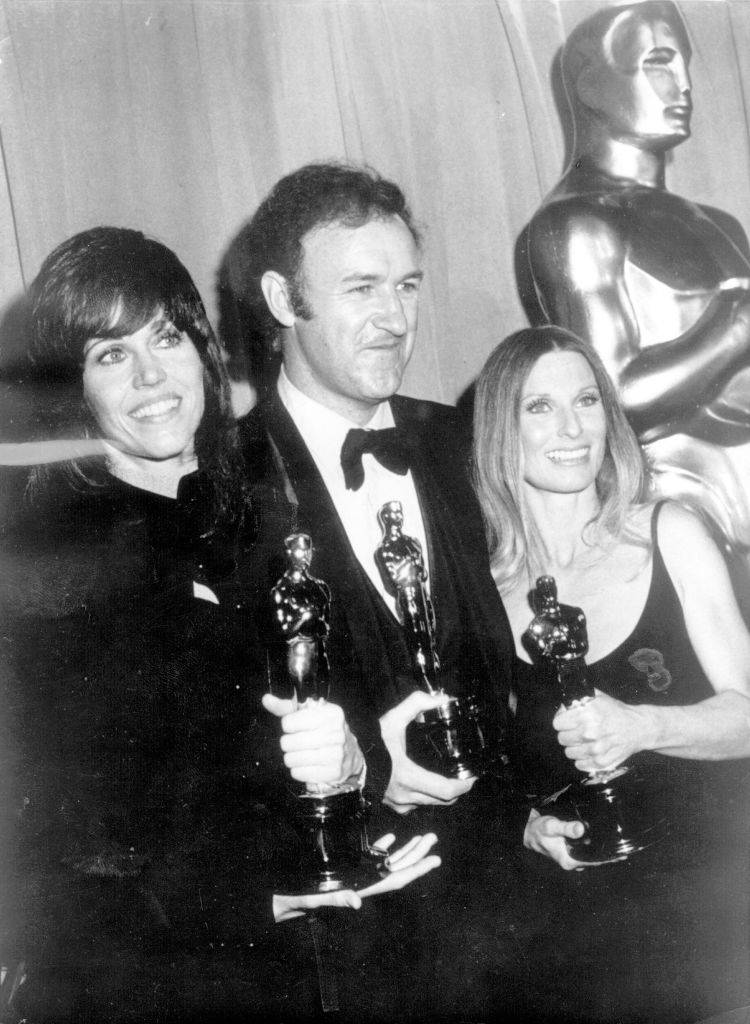
Gene Hackman was so shocked to win the award that he couldn’t even remember getting up from his seat and making his way to the podium. On the stage, the actor expressed his gratitude to his first drama coach and his mother, but soon he was overwhelmed with emotion.
Another masterpiece, A Clockwork Orange, was also nominated that year. Stanley Kubrick’s dystopian vision sparked both controversy and admiration, further adding to the cultural significance of the ceremony. Meanwhile, Fiddler on the Roof brought audiences back to the musical genre, charming the crowd with its sweeping score and heartwarming story.
The Last Picture Show, Peter Bogdanovich’s coming-of-age masterpiece, captivated audiences and earned eight Academy Award nominations. With its evocative black-and-white cinematography, the film’s nostalgic portrayal of small-town life stood out. Cloris Leachman and Ben Johnson delivered unforgettable performances, each taking home the Oscar for Best Supporting Actress and Actor.
No hotpants in sight
The 1972 Academy Awards marked a dazzling return to the glitz and glamour of Hollywood’s golden era.
Gone were the feathers, fringe, and hippie headbands that had dominated recent ceremonies. This year’s gala showcased a stunning array of vintage elegance, with stars adorned in flowing chiffons and luxurious brocades, accentuated by diamonds and furs.As some reporters noted, there wasn’t a hotpants outfit in sight, although Jane Fonda made a bold statement in one of the few pant suits on the red carpet.
One reporter also noted that many of the ladies showcased “plenty of cleavage,” adding to the evening’s glamorous atmosphere.
Protests
As always, the area outside the Los Angeles Music Center was bustling with fans eager to catch a glimpse of the star-studded parade making its way to the awards ceremony.However, the excitement was tinged with tension, as protests erupted nearby — a common occurrence in those days. Demonstrators, reported to be quite vocal, were held back by a cordon of police officers.
That year, the focus of the protests was Clint Eastwood’s Dirty Harry, which, despite not being nominated for any awards, faced criticism for allegedly glorifying police violence. One particularly striking sign read, “Dirty Harry is a Rotten Egg.”
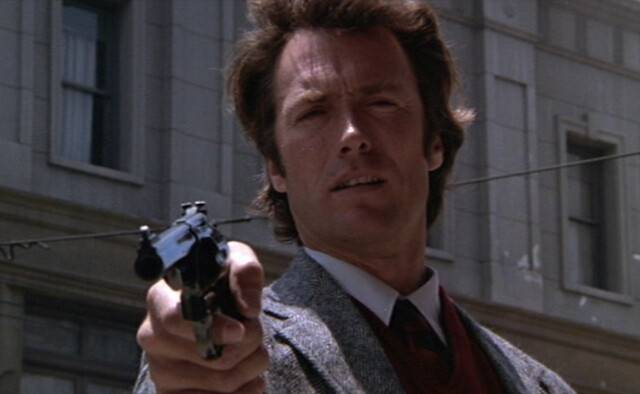
In the mid-1940s, she was the highest-paid woman in America, famously insuring her legs for for $1 million. Reflecting on her incredible journey in film, Grable once said, ”I became a star for two reasons, and I’m standing on them.”
Betty Grable arrived in a striking turquoise gown, beautifully accented with silver spangles and featuring an elegant décolleté.
Sadly, the 1972 Oscars marked one of her final public appearances, a bittersweet moment for the fans who adored her. Tragically, she passed away just a year later from lung cancer at the age of 56.
A frail, white-haired pioneer
Among the star-studded ensemble at the 44th Academy Awards, one figure stood out above the rest. At the culmination of the nearly three-hour-long awards presentation, a frail, white-haired film pioneer made a surprise appearance. It was none other than Charlie Chaplin, who had been ousted from Hollywood and the U.S. two decades earlier after being accused of communist sympathies.
The moment was incredibly emotional as Chaplin was honored for his contributions to cinema. The 82-year-old actor stepped onto the stage with his trademark derby cane, earning thunderous applause from the 2,900 celebrities in attendance.Shirtless & covered in chains
Music played a significant role in making the 1972 Oscars unforgettable.
Isaac Hayes made history as the first African American to win an Oscar for Best Original Song for his hit “Theme from Shaft,” bringing soul music to the Oscars in a way that had never been done before.
His electrifying performance on stage was one of the highlights of that April night. The icon, shirtless and draped in chains, commanded the stage as he played the keyboard, surrounded by a whirlwind of dancers.
The show reached its peak when Hayes disappeared beneath the stage in a cloud of smoke, leaving the audience in awe. It was a moment that truly defined Oscar magic!
Betty Grable’s farewell
One of the evening’s standout moments came when the legendary actress Betty Grable graced the gala, making one of her final public appearances.
Betty Grable was — and remains — one of Hollywood’s giants. Her iconic bathing-suit poster, created in 1943, catapulted her to fame as the top pin-up girl of World War II. But Grable was more than just a pretty face; she was a highly successful actress, with her 42 films during the 1930s and 1940s grossing over $100 million.
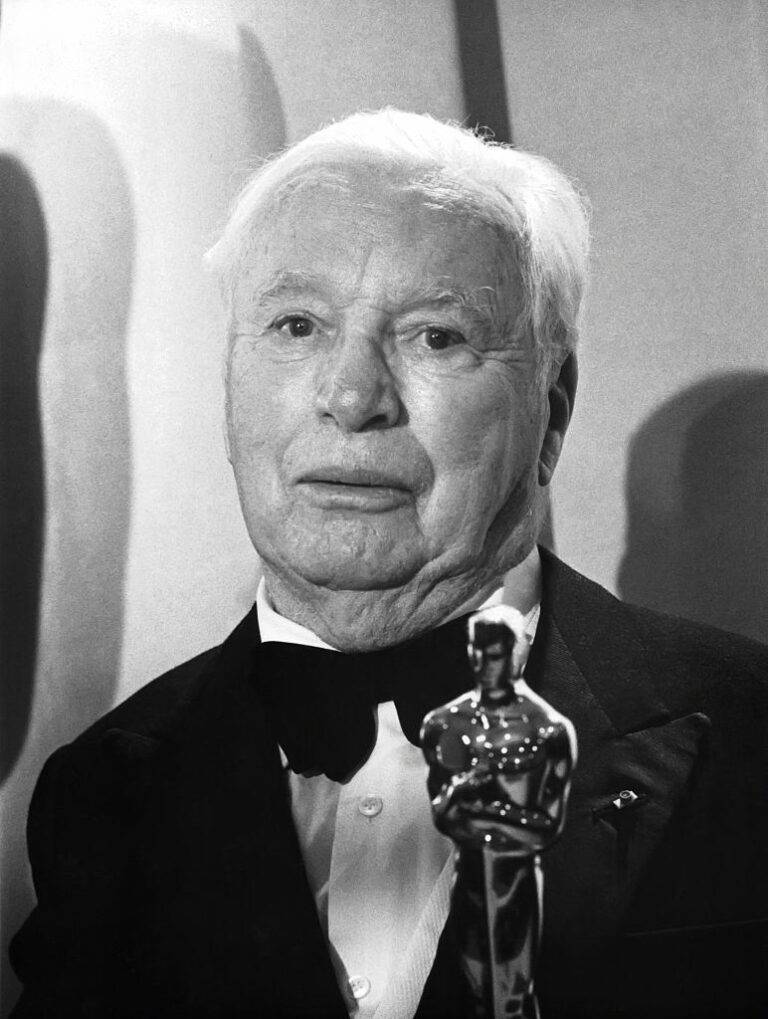
In fact, the standing ovation lasted for 12 minutes – the longest in Academy Awards history.
For the millions watching at home, witnessing this cinematic giant in front of them felt almost surreal. But the most poignant moment belonged to Chaplin himself as he was given the special award by the Academy of Motion Picture.
”Oh, thank you so much. This is an emotional moment for me. And words are so feeble and futile. Thank you for the honor of inviting me here. You are wonderful, sweet people,” the English comic actor said.
Old and new
As mentioned, the 1972 ceremony was a celebration of the old and new Hollywood coming together. Legendary stars like Jane Russell, Macdonald Carey, and Jane Powell Kelly shared the spotlight with the emerging generation of actors like Jane Fonda, Jack Nicholson, Gene Hackman, Cloris Leachman and Raquel Welch.The red carpet was a display of pure elegance, with stars donning glamorous gowns and tuxedos that exuded the timeless allure of Hollywood’s golden age.
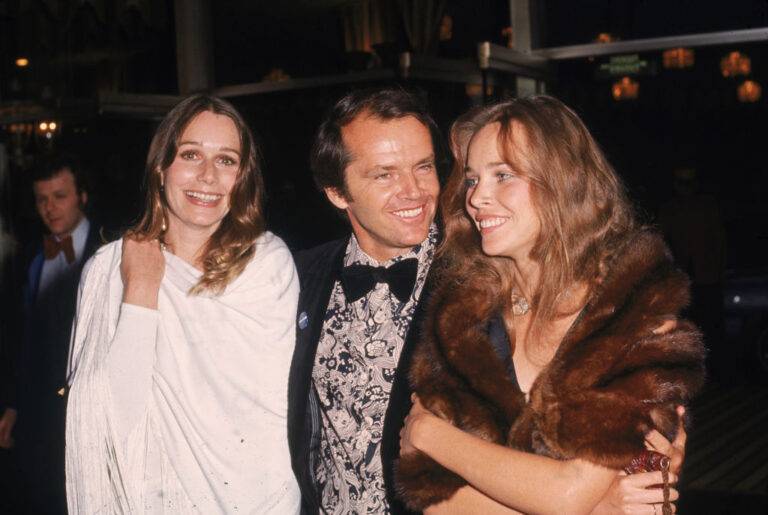
There are certainly many photos from that night that capture the electric atmosphere in the air. But one photo truly caught my attention: the one featuring Raquel Welch, Cloris Leachman, and Gene Hackman together.
Gene Hackman had every reason to smile and be happy in this photo, Cloris Leachman had won the Best Supporting Actress award for The Last Picture Show, and Raquel Welch radiated in her stunning dress. At the 1972 Oscars, Welch was not only a presenter for Best Supporting Actress, but also a representation of the changing ideals of femininity in Hollywood. Her confidence and glamour in the photo symbolize a moment where women began to assert their influence in the industry.
Behind the picture
To me, the photograph encapsulates not just a moment in time but also the careers and contributions of three pivotal figures in the film industry. Each individual in the picture represents a different facet of Hollywood’s evolution. For example, Leachman’s performance stands out as a symbol of the era’s changing landscape in film. Her win represented a shift towards more nuanced, character-driven stories in Hollywood.
The image of Hackman, Leachman, and Welch also reflects the broader cultural shifts occurring in the early 1970s. The film industry was moving away from traditional narratives and embracing more diverse storytelling, which was evident in the films nominated that year.